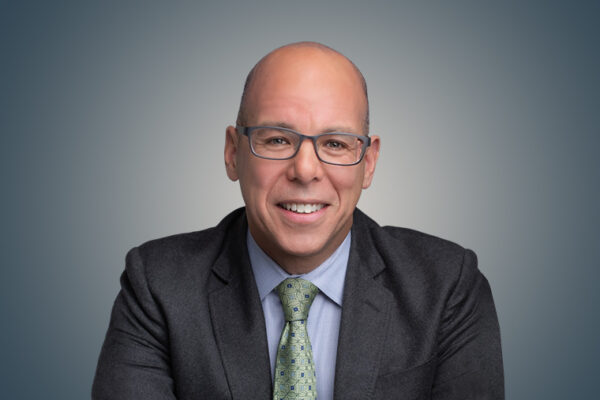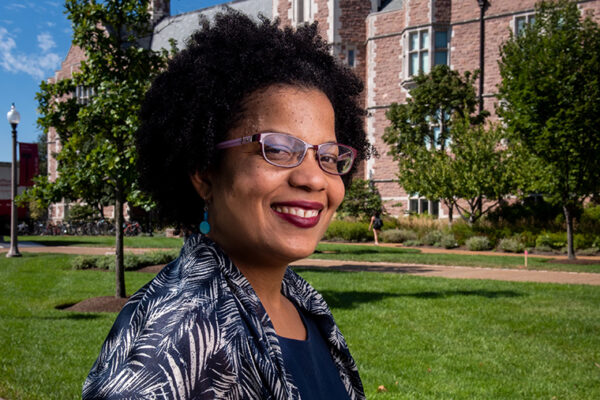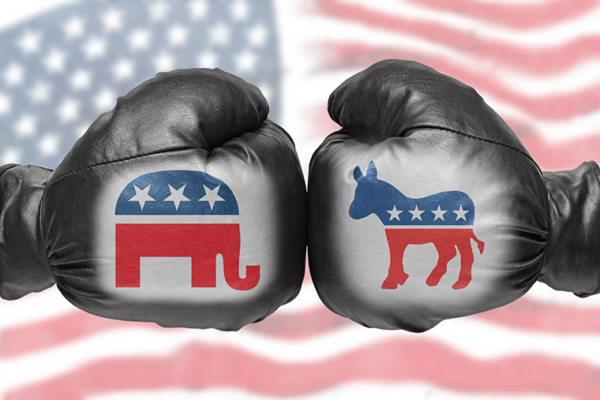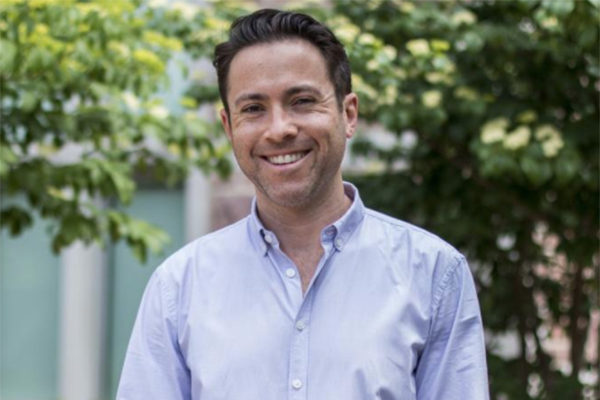Mazzeo appointed dean of Olin Business School
Michael Mazzeo, a professor of strategy at the Kellogg School of Management at Northwestern University, will be the next dean of Olin Business School, effective Jan. 1, according to Chancellor Andrew D. Martin.
Parasitic infections common in kids in low-resource US communities, study finds
Neglected by government officials and medical professionals, parasitic infections can lead to lifelong health consequences, according to Theresa Gildner, a biological anthropologist in Arts & Sciences.
City SC is game changer for downtown St. Louis, MLS
St. Louis City SC will stand out in Major League Soccer for its gameday experience, top-of-the-line technology and commitment to sustainability, says Olin Business School sports economist Patrick Rishe. But how much of an impact will the new team have on downtown St. Louis and the economy?
AI is no match for Cyrano
Dating apps make no secret of their use of artificial intelligence to help users find their perfect match. But now some users are employing it to strike up conversations and flirt with potential matches. Olin Business School’s Liberty Vittert, a data and cybersecurity expert, explains the limits of AI and how to know when you may be chatting with a bot.
Where are the workers? WashU research exposes ‘quiet quitting’ impact on labor shortage
U.S. workers are cutting back on hours and that’s having a dramatic impact on domestic labor, according to new research from WashU economist Yongseok Shin.
Luna named 2023 Distinguished Feminist Lecturer
Zakiya Luna, a Dean’s Distinguished Professorial Scholar of sociology in Arts & Sciences, has been named the 2023 Distinguished Feminist Lecturer Award winner by Sociologists for Women in Society.
Research reveals how redlining grades influenced later life expectancy
Research by sociologist Michael Esposito in Arts & Sciences shows how the racialized logic that informed redlining continues to influence the distribution of privileges and risks across neighborhoods, resulting in stark health inequalities.
Building small business agility for 2023 volatility
While there are signs the economic conditions are improving, small businesses are more likely to feel the pinch of rising interest rates, a looming recession threat and persistent labor shortages in 2023, according to Olin Business School’s Peter Boumgarden.
Next two years will be marked by gridlock, vetoes
If the historic five-day, 15-ballot floor fight to elect the House speaker is any indication, the next two years in American politics will be marked by unavoidable gridlock and vetoes, according to Arts & Sciences’ Steven Smith.
Employees took advantage of the Great Resignation. Now the employers want revenge.
Something shocking has happened in the US economy in recent years: average workers have started to move forward. But when the period of low unemployment and rising workers’ power ends, without further legal support, workers’ bargaining chips are likely to disappear with it.
View More Stories









